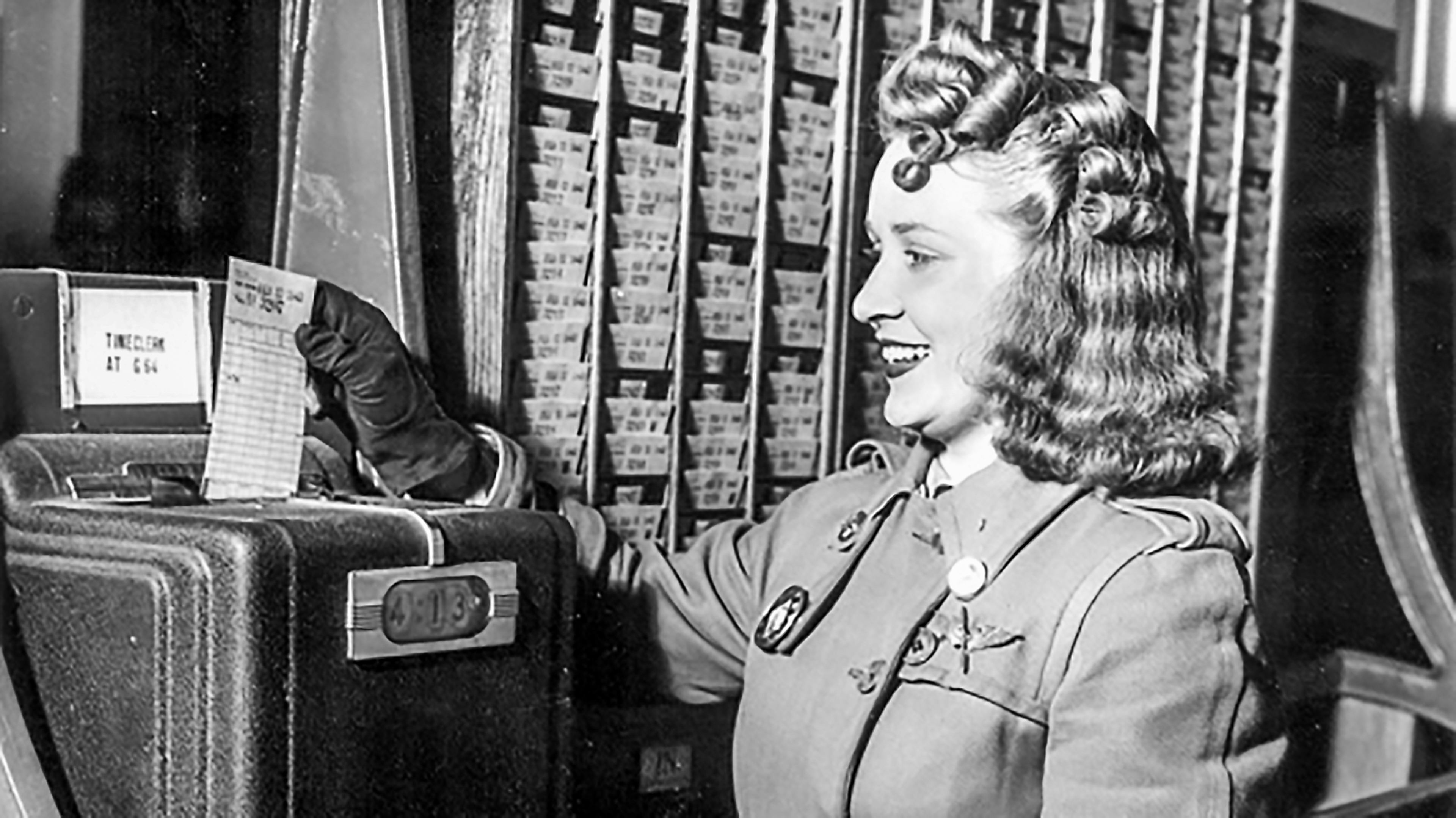The five-day, 40-hour work week is such an entrenched part of our culture that it’s easy to forget that it’s a relatively recent invention. The Industrial Revolution bore atrocious working conditions, including 12-16 hour days and six-or-seven-day-long work weeks. Then, in 1926, Ford became one of the first major companies to adopt a five-day, 40-hour workweek. Over a decade later, in 1938, Congress passed the Fair Labor Standards Act, which limited the workweek to 44 hours. Two years later, they trimmed it down to the 40-hour standard we know today.
While things used to be worse, it also was predicted that they would be a lot better by now. In fact, in 1929, John Maynard Keynes predicted that technology would bring the workweek down to just 15 hours within 100 years. And in 1965, some members of the Senate predicted that Americans would only be working 14-hour weeks by the year 2000.
While technology hasn’t progressed dramatically enough to make those predictions come true, there’s a lot of research that suggests that shorter work weeks lead to improved health, higher employee-retention rates, and even greater productivity.
That’s because more hours doesn’t usually equal better work outcomes. In fact, studies have shown that people who work longer hours perform more poorly on some mental tasks than those who work fewer hours.
Changing the way we think about working days and hours is a huge shift for society. It’s going to take us a while to get there. But just as individual companies led the way to establish a 40-hour week 100 years ago, some businesses are re-imagining what the work week should look like today.
On the latest episode of The New Way We Work, I talk to Kenzo Fong, CEO and founder of Rock, a multipurpose messaging app. He leads a fully distributed workforce that works completely asynchronously. I also talk with Josh Foreman, CEO and founder of Indebted, who recently wrote about how his company moved to a four-day, 32-hour work week.
They both admitted that these new methods of work aren’t a one-size-fits-all solution (customer service positions need to have set hours and can’t only operate four days a week, for example). Still, they contend that re-thinking the way work gets done isn’t as difficult as it sounds. Fong points out that, before the pandemic, many companies would have thought that working remotely was impossible for their business. But the crisis forced them to rethink how they operate.
While we are not at the same crisis level we were at two years ago, employers are facing the Great Resignation, and Forman suggests the four-day work week can be a powerful tool for both keeping and attracting employees. “It absolutely put a rocket underneath the business,” says Forman. “In the first 45 days since announcing [the four-day work week], we had more applicants than the proceeding four-and-a-half months. Our talent engines up about 283% since we rolled it out.” He also says that their current employees have reported lower levels of burnout and higher levels of happiness with their jobs.
Both advised that companies that want to consider different ways to structure work days should proceed thoughtfully. Fong says that before his company made the switch to working asynchronously, they conducted a meeting audit to cut down or eliminate the number of meetings everyone has. He says, “when you look at like what actually needs to happen when you work with somebody else, there’s some stuff where you really need to talk to each other in person, but there’s a lot of stuff where a meeting could easily be an email, or a document, . . . or something way more asynchronous.”
Listen to the full episode for more on the benefits and challenges of both asynchronous work and four-day work weeks.
You can listen and subscribe to The New Way We Work on Apple Podcasts, Google Podcasts, Stitcher, Spotify, RadioPublic, or wherever you get your podcasts.
Recognize your brand’s excellence by applying to this year’s Brands That Matter Awards before the early-rate deadline, May 3.
